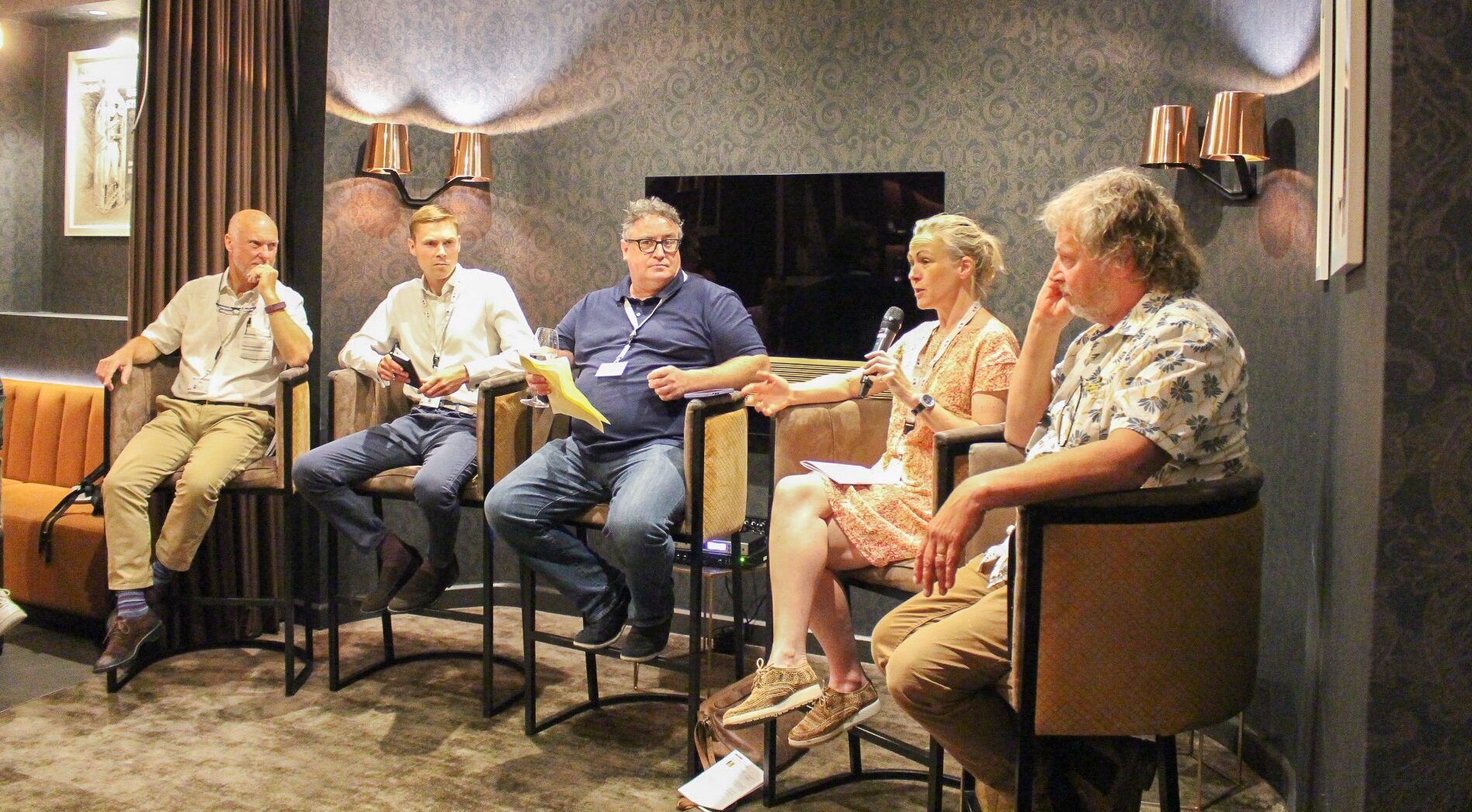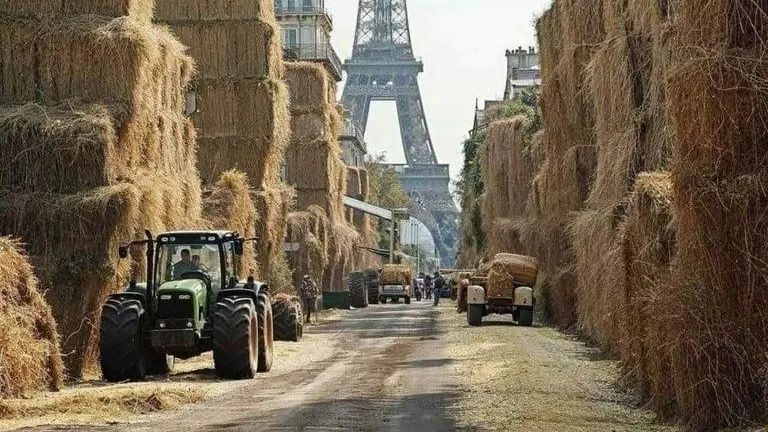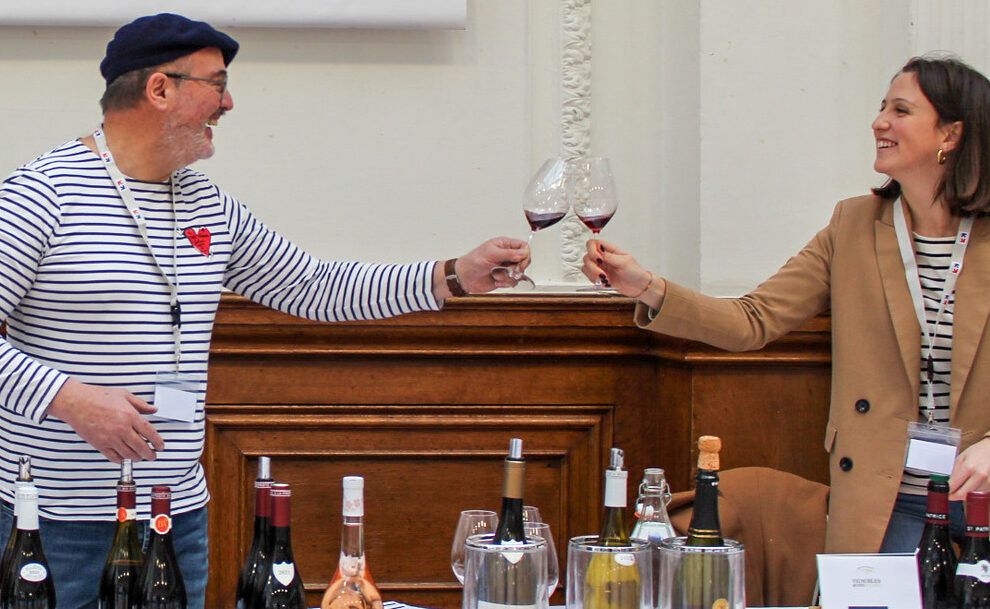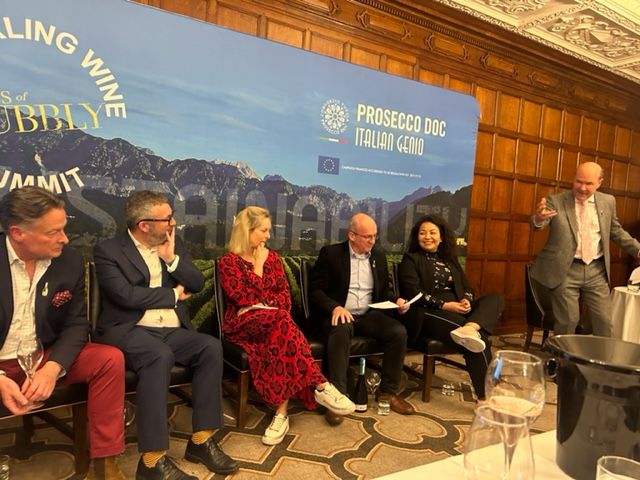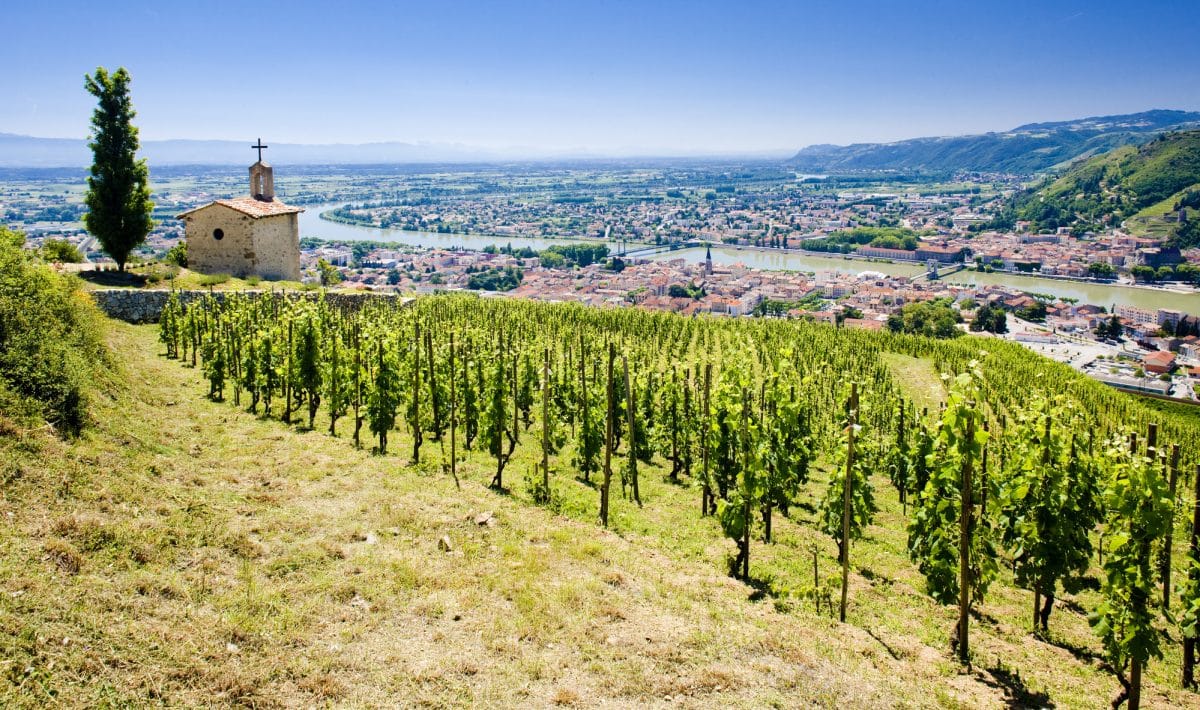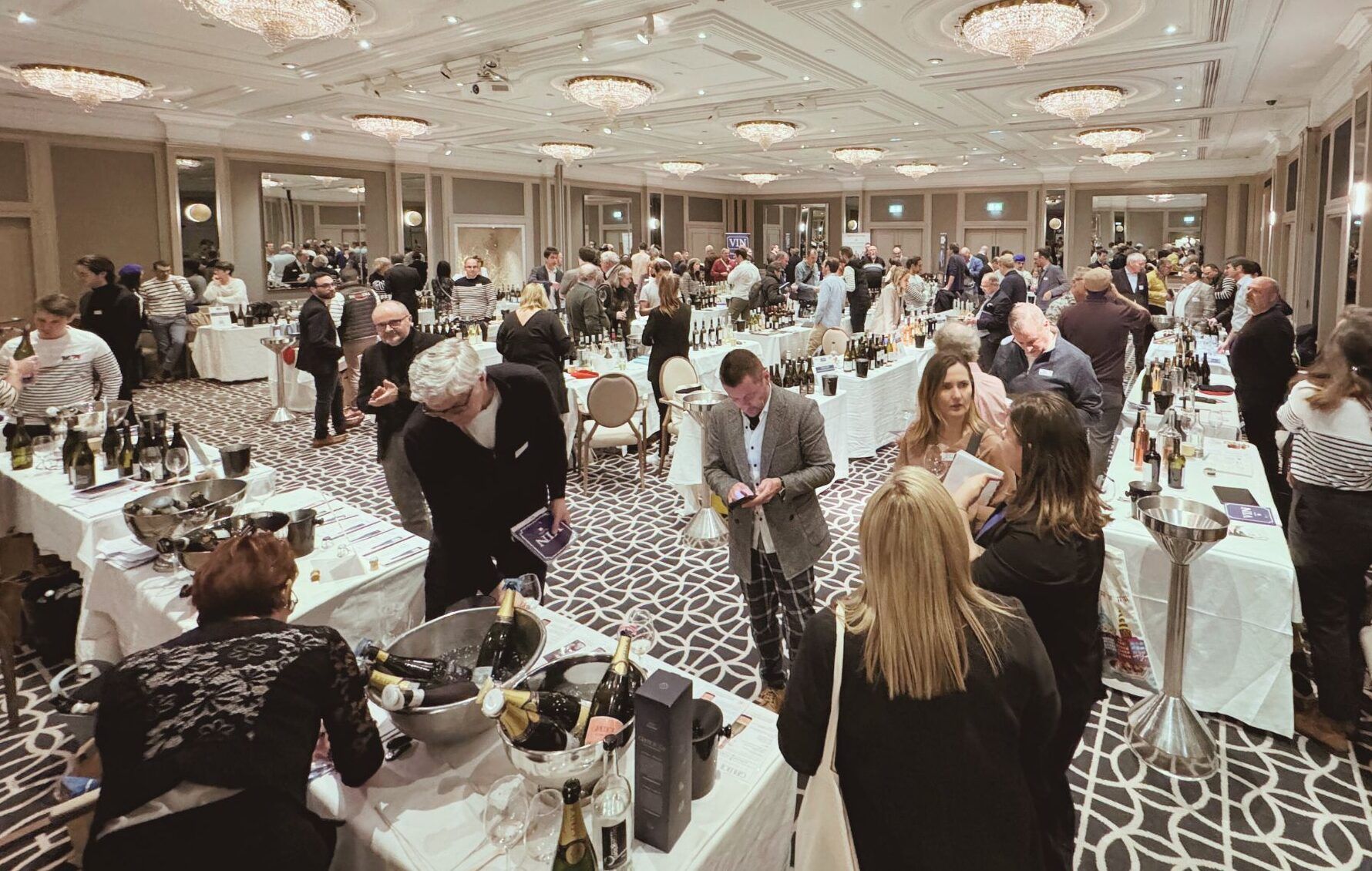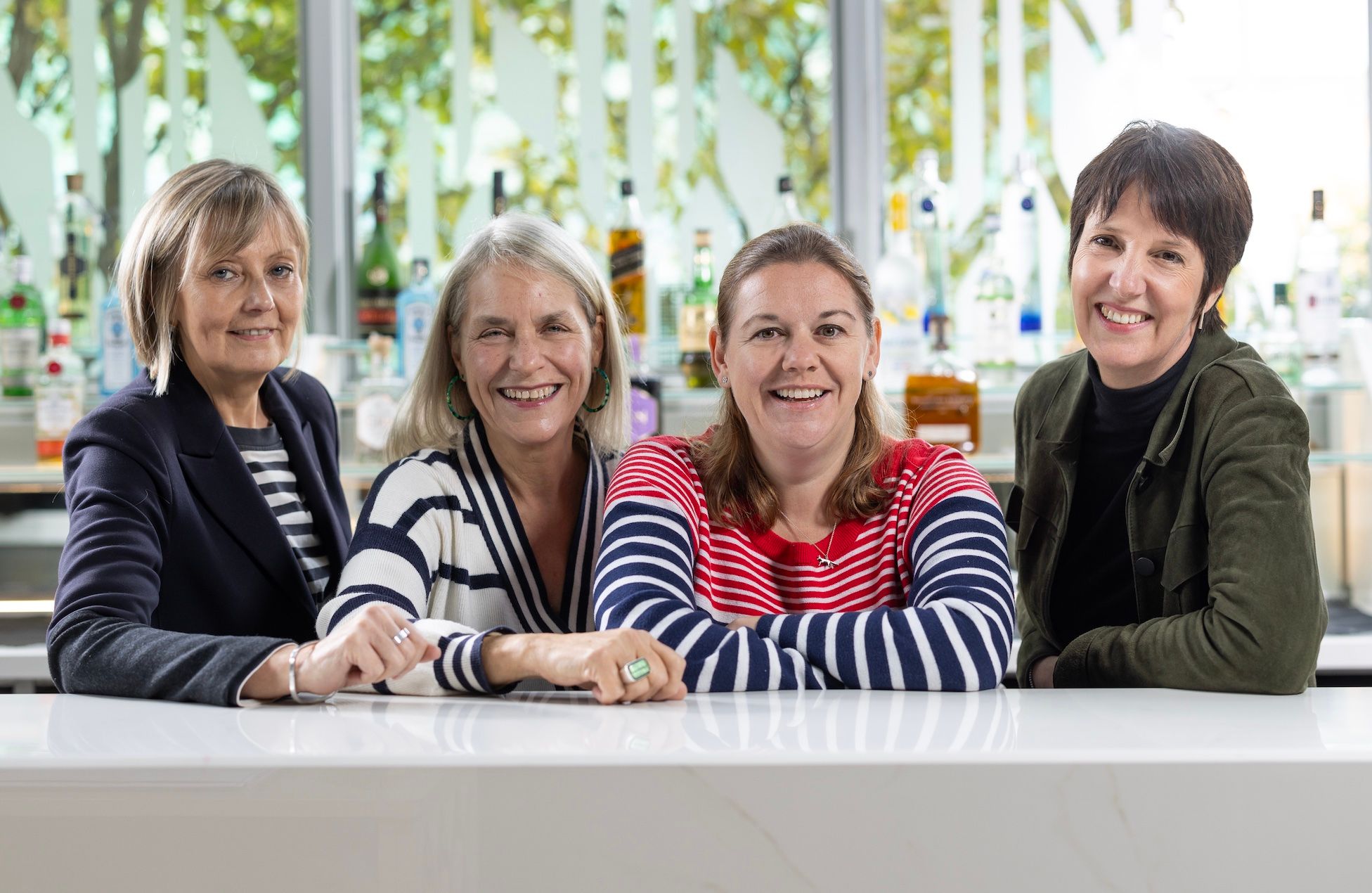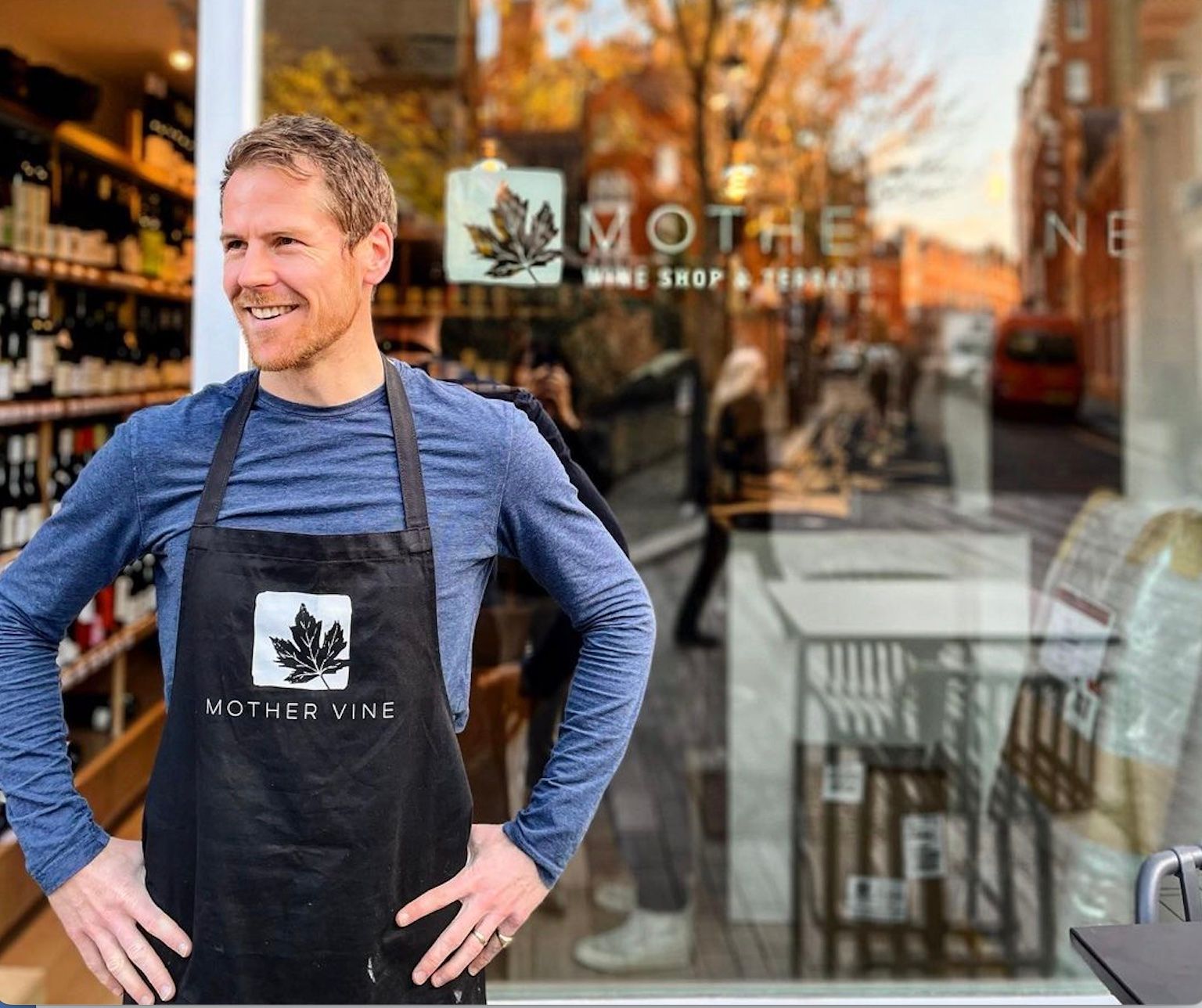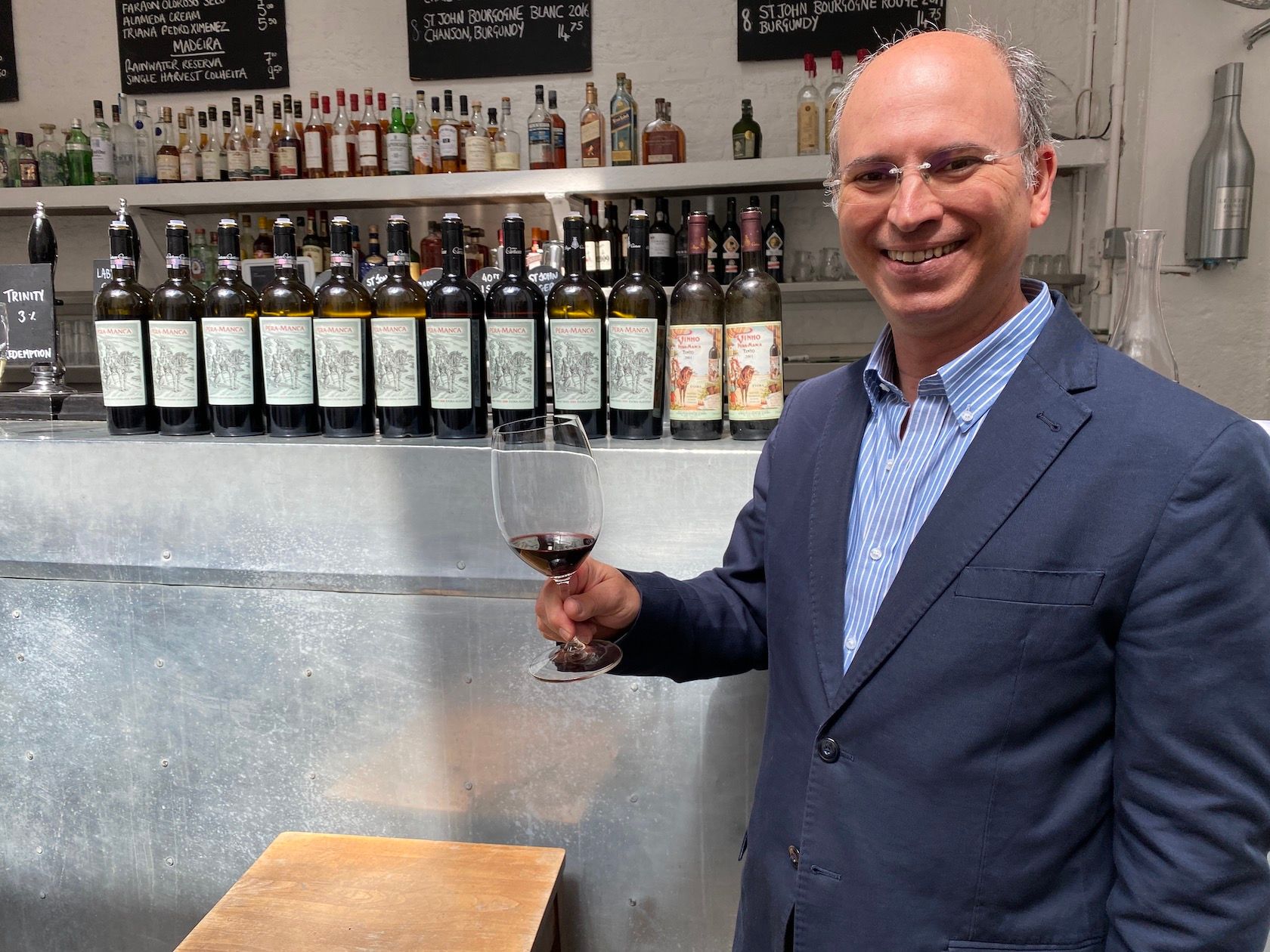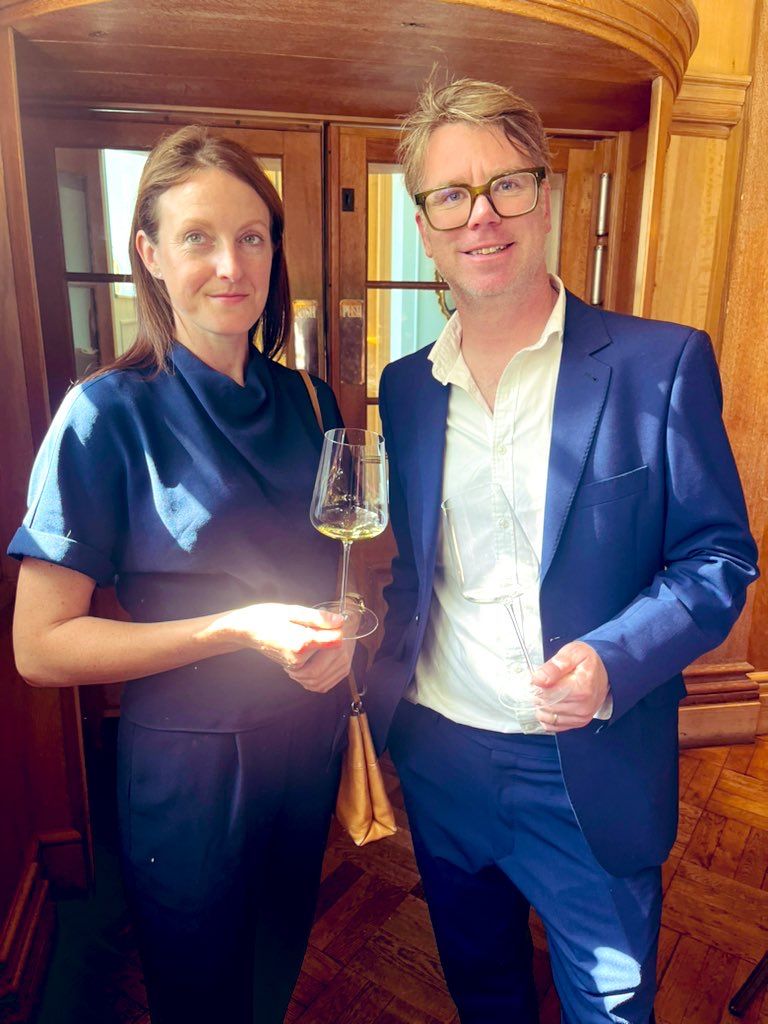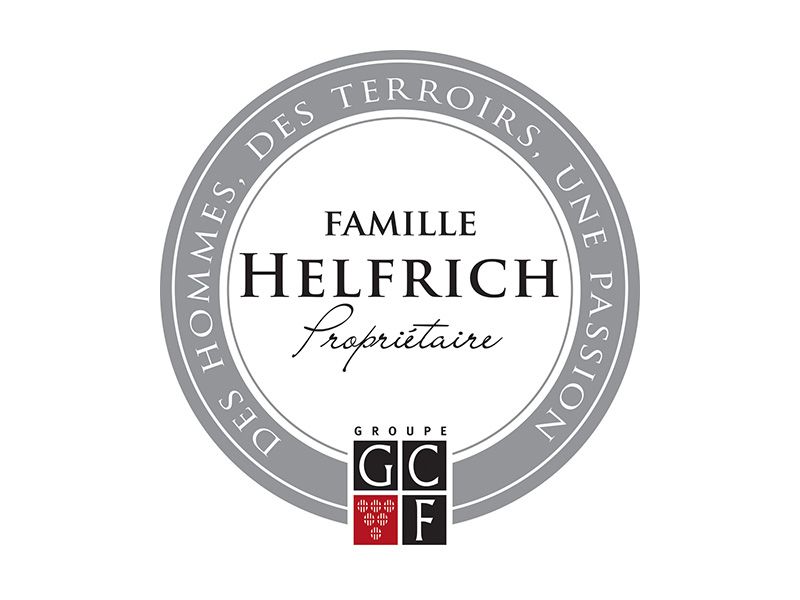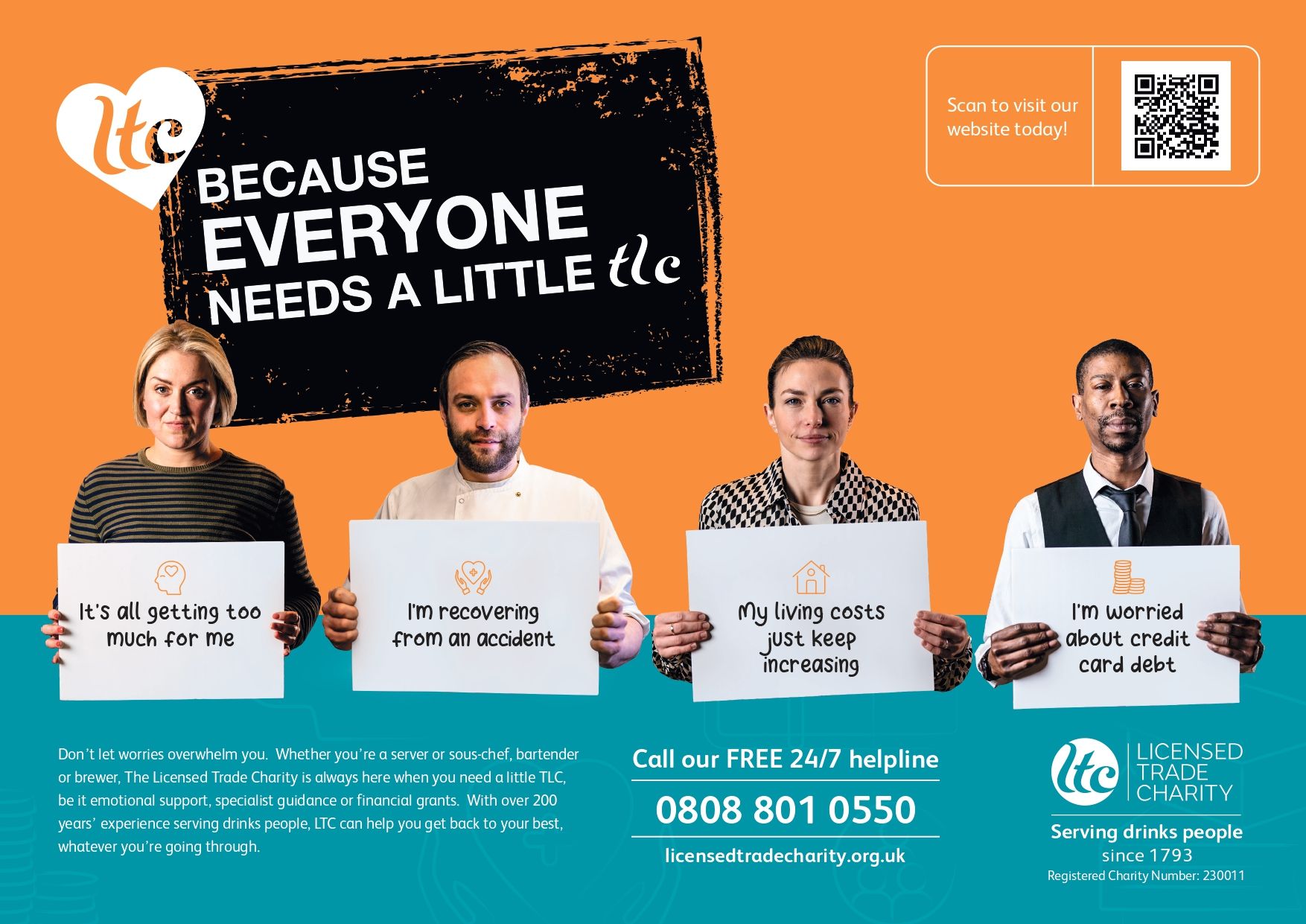Producers from across France took part in The Buyer and Business France’s organics tasting at M Victoria which attracted buyers, importers, and distributors looking for new producers to work with.
Our thanks go to the French producers that took part in the special organics tasting and debate. All the producers are looking for UK distribution and more details about each one can be found at the end of the article.
The wines from each of the featured French organic producers are available through the specially created Business France E-Vitrine French Wines and Spirits Marketplace that includes wines from 1000s of French producers. Click here to access the E-Vitrine.
French Organic Producers
The Sarl Distillerie de chez Sabourin
“I totally applaud all the work that is being done on organics, and I think there is really good work happening all over France and we could see it in the wines at today’s tasting,” is how wine consultant Richard Bampfield MW kicked off the French Organics debate.
But he has a dilemma. For whilst he says “there is no question in my mind that as far as the customer is concerned the word organic is the one word in the whole sustainability area which is understood and they understand,” he also has “some concerns” about how far and how successful organic winemaking on its own is in tackling the overall sustainability and climate change crisis.
Particularly when you consider the vineyard is “under 10%” of a winery’s carbon footprint compared to over 50% that comes from “the glass bottle, distribution and transport”.
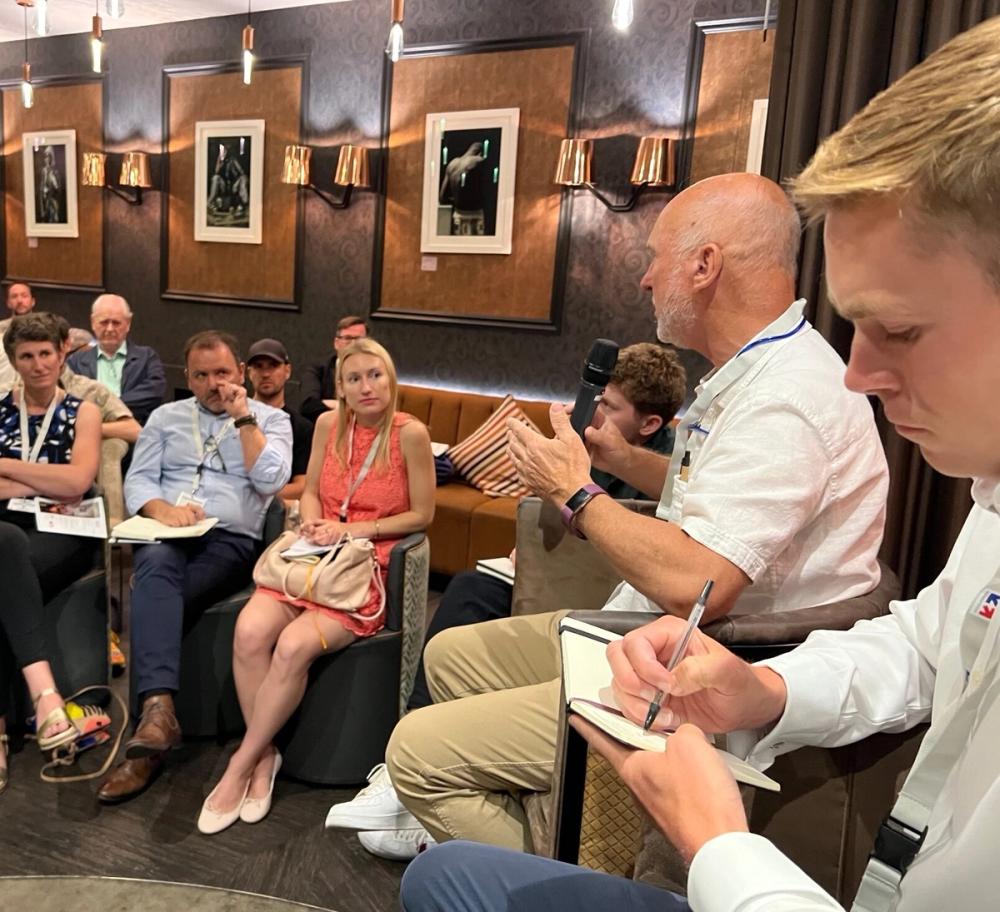
Richard Bampfield MW says he admires what French producers are doing with organic wines but has “some concerns” about how far they are going in terms of being fully sustainable
So any work and efforts being taken to be organic have to be taken in context of the overall sustainability impact, argues Bampfield. “I have my concerns. But organics is an important step, and it is a step in the right direction.” Just not on its own.
He was speaking alongside the rest of the panel that included: Lance Pigott, co-founder of Vintage Roots, that has only being importing and distributing organic wines in the UK since 1986;Victoria Sharples, wine buyer and owner of Swains Wine Bar & Store a Melbourne-inspired wine bar and restaurant in north London; and Tom Owtram, outreach manager at Sustainable Wine Roundtable, that is looking to co-ordinate and promote sustainable practices across the wine industry’s supply chain.
Pigott says he was initially inspired by what was happening in France in terms of organic winemaking and excited to bring back their wines and try and sell them in the UK. He admits in the early days trying to sell organic wine in the 1980s was extremely difficult and there was zero understanding amongst consumers about what they were, never mind drink them. But the business has stuck to its guns and continues to only import and sell organic wines today even though the “pace of change has been very slow”.
That said he agrees with Bampfield there are “still many things to be sorted out” but many producers are aware of what needs to be done. The EU is also stepping up to address issues such as the rate of copper sulphate usage in vineyards from 10 to four kilos per hectare “which is a huge drop” and producers are increasingly looking at alternatives. “Hopefully copper sulphate will find its way out of the chain,” he adds.
“But Vintage Roots is here to promote producers who are farming organically and that has been our ethos for over the last 30 years. These small farmers are really looking to make the effort to help the environment, and many have been dismissed as being crazy over the last 30 years.”
Yet, he can point to the same so called “crazy” winemakers in some areas of France where all their neighbours are now organic. “That’s something to shout about. That’s good news.”
Front line buying
Victoria Sharples was able to give the view of the front-line buyer, from the perspective of having worked in both the Australian and UK wine market over the last 20 years, including recently buying and blending all the wines for the St John restaurant group’s largely exclusive French range, some of which were organic.
She has now opened her own wine bar, restaurant and retail business, Swains, in Hampstead Heath, north London with what she calls a “handpicked, small selection of wines”. “I am not buying specifically on organic. I am specifically on taste. That is always how I have approached buying wine. Organics is a bonus.”
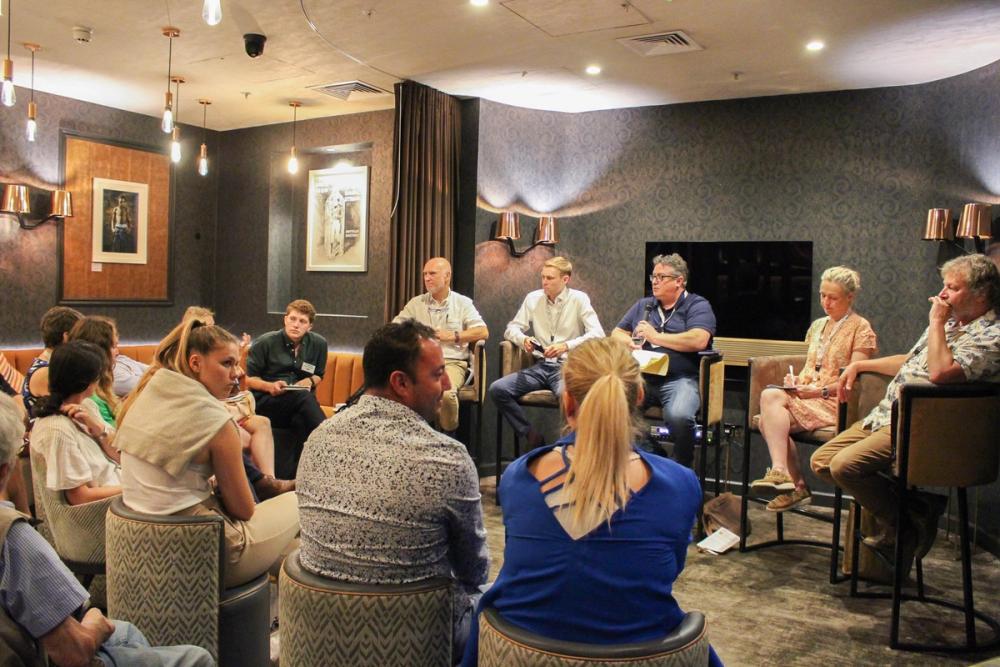
The French Organics Tasting and debate was a chance to bring French producers together with UK buyers, consultants and experts on organic wines and sustainability
That said she will, as a buyer, be prepared to pay more for an organic wine as she knows it will have been made with so much care, love and attention in the vineyard. “They will have gone that extra mile and there will be that extra care there – and that care factor is really important,” she stresses.
She agrees, though, there is confusion amongst consumers about what organic wine is. They perhaps find it easier in other areas like dairy and eggs, but with wine she is not sure they know what they are buying. For example, in the affluent north London area where Swains is based she can rely on a “discerning” consumer who will often come in and ask for natural wine. Whether that also means organic she is not sure. “If you tell them a particular wine is organic they will see it as a bonus.”
Sharples also “echoes” everything that Bampfield has said about all the good steps you can take in the vineyards and the winery, but “you can then undo all the good” by “bottling your wine in a 3kg bottle”.
She certainly welcomes producers who say they are following “organics principles” but are not certified, as she appreciates the big risks that entails. Particularly for smaller winemakers.
All round sustainability
Owtram was able to explain the objectives of the Sustainable Wine Roundtable that has been able to sign up over 60 members in just over a year since it was formed that represent businesses right across wine’s “value chain” from producers through to retailers, distributors and NGOs.
Part of its role, he says, is to try and address some of the “confusion” there is in the sector about what sustainability is and means which is not surprising when there are around 40 different schemes and certification programmes all claiming to be sustainable.
All of which means it is very difficult for a consumer to “confidently buy a sustainable wine”.
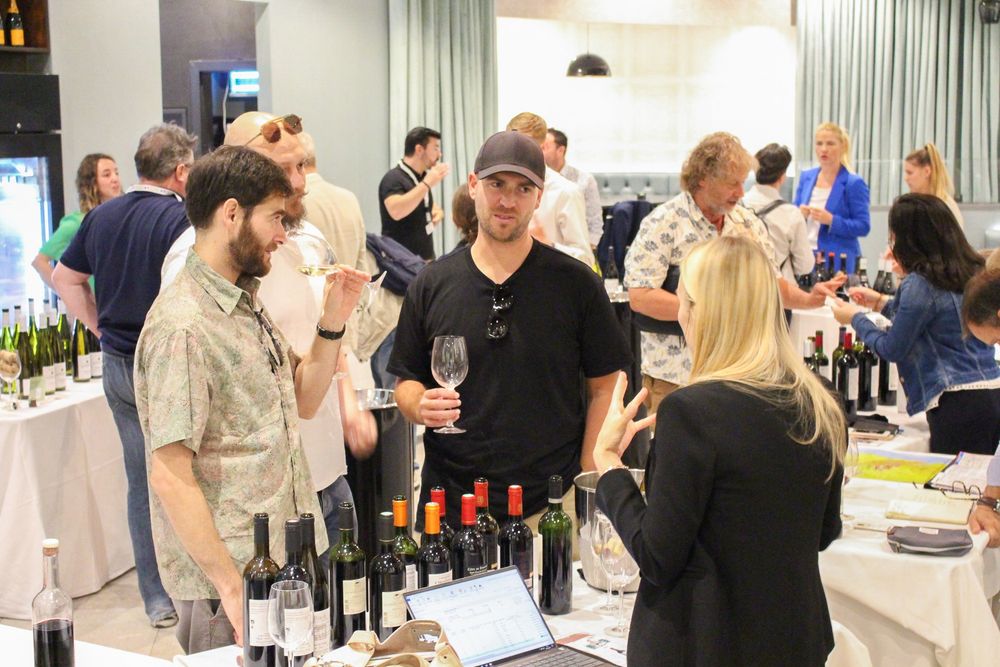
The event was an opportunity for buyers to meet French organic producers and also hear their views on why they switched to organics
Part of Sustainable Wine Roundtable’s objective is to “benchmark” all these schemes in order to “establish a global reference standard” for the industry to work to. It hopes that by through “collaboration” and by sharing “best practices” it can help wine have more of a “unified voice” on how to tackle sustainability. It is also working with its members to identify specific action-orientated research projects that can help drive better efficiency around sustainability.
In terms of organic winemaking per se he points to Domaine Bousquet, the largest organic winemaker in Argentina, that sees organics as being “part of the solution not necessarily the destination”. “It’s one tool in the toolbox,” he adds, but is only one part of a much more complex situation.
Economic viability
Bampfield was also keen to analyse the “economic viability of being organic in certain parts of the wine world”. Whilst it can clearly make sense in areas that are “conducive” to organic farming, like southern France and the Languedoc, he would question how viable it is in a less conducive region like Bordeaux or Bergerac.
He pointed to a consultant working in Bordeaux who estimates the costs involved in farming organically are 30% higher than conventional winemaking. Which means the average price being asked for organic grapes is significantly higher. “The premium being asked for organic wine does not justify the increase in cost,” claims Bampfield. “So how economically sustainable is it in certain areas.”
Yes, it might make sense for the larger producers that have the revenues to make the necessary investments and carry these costs, but it makes far less sense for smaller producers, he adds.
Bampfield is also concerned about the impact organic farming is having on the health of a vineyard’s soils. In practice organics should be a help rather than a hindrance to soils by reducing the use of pesticides and insecticides, the problem is mildew and the build up of copper in organically farmed soils and what help producers, particularly in France, are being given to mitigate against it.
Changing perceptions
Pigott says so much of his role is still about educating the consumer about what organic wines are and despite all the efforts of Vintage Roots he knows they still have a very long way to go. “Most people still don’t know what organics is and your average wine drinker does not have a clue. They don’t buy organic meat or vegetables either,” he says.
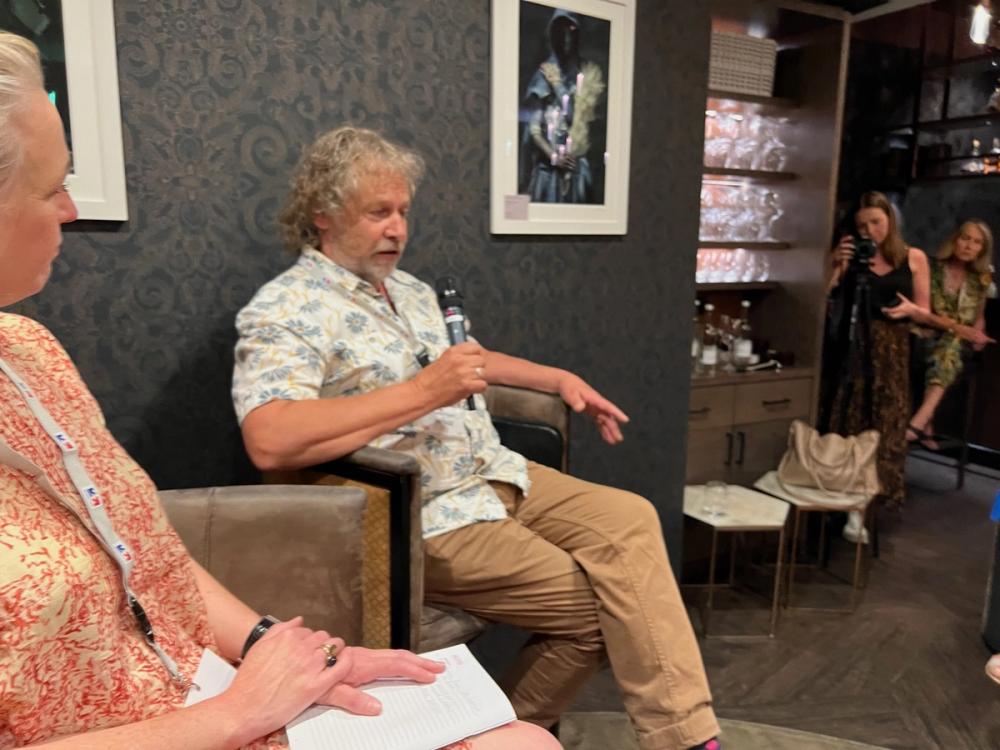
Lance Pigott of Vintage Roots has been championing organic wines and their producers since
But that does not distract him and his team from the day job of going out and trying to find producers around the world that can sign up – with France, Spain and Italy continuing to be the main source of supply for quality organic wine.
The key difference now compared to when they first started out is how much more attention and interest they have in the social and economic impact those producers are also having. That is now very much part of the criteria that Vintage Roots uses to decide which organic producers to work with – within the scope of what a small producer, for example, might realistically be expected to be doing. But taking steps to lighten glass bottles and cut back on packaging should all now be very much part of the mix, he adds.
“A lot of the producers we work with are small and they understand the sustainability issues and where they need to go to next but it’s a slow process. But at least we are asking the questions and making them think about what this market needs and what they are doing around regenerative farming. It’s not just looking after the vines and the soils, but also the people on the property too. It’s a bigger picture and that’s good to see.”
Crucially, though, there is far more choice for an importer like Vintage Roots to go out and buy wine from across all the categories, styles and price points you might want. “That’s great to see.”
Bampfield says the major retailers always have a role to play when it comes to changing consumer attitudes, behaviour and understanding about wine – and that is very much the case with organics. Whilst he says it’s clear the French retailers have really got behind organic wines, it’s not the same in other major retail markets.
“There is a shift in that direction but I think they are primarily buying on taste and price. Organics would be a bonus rather than a conscious strategy,” he says.
An organics strategy
“But that is what we need,” stresses Pigott. “We need more conscious strategy to buy more organic and that has always been the problem in the UK. The buyers are not making that conscious decision. They are always looking at price, price, price.”
He added: “You can still make a margin on more expensive wines you just need to put prices up. It’s not going to price people out of the market. We can’t always be bargaining for the cheapest wine out there as it is not doing the producer any good, it’s not doing anybody any good except the merchant who is buying it, who can make a bigger margin. I am against that. I try to be fair with my suppliers and buy at the price they are offering me.”
“You are absolutely right. I applaud everything you say,” says Bampfield. “The only way that is going to change by being involved on the inside.”
Which is why he is encouraged to see some of the major retailers have signed up to the Sustainable Wine Roundtable, including Lidl UK who does some consulting work for.
Sharples says the encouraging thing for organics is that for consumers who understand and seek out organic wines, it is because they also believe those producers really care about the land they are working with. “It comes down to the person. For those that are socially aware they will think organic wines are fantastic.”
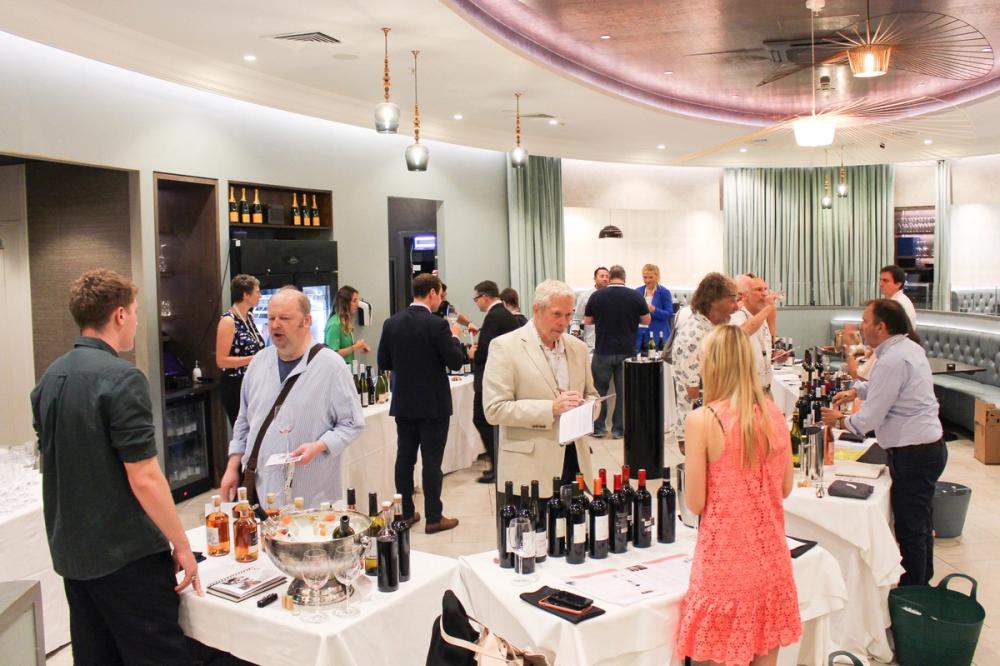
The French producers were able to explain their organic wine strategy and what other steps they were taking to be sustainable
The issue organics has in the wine sector, adds Bampfield, is that is “so fragmented” compared to other grocery sectors where the major FMCG giants, such as Unilever and Procter & Gamble, can really change consumer behaviour with the products they are making and selling.
Which is why research has shown that consumers are prepared to pay more for sustainable products in other consumer good sectors than they are in wine, says Bampfield.
It’s why it is so important the major wine and drinks companies “take a lead on this”. “They are the ones who can afford to have a department or director of sustainability, ensuring that these things are happening. Smaller producers can’t do that. It also needs the bigger companies to share what they have learnt. Which is happening, like at the recent Moet Hennessy sustainability conference in Arles, France. All the sessions from that are available free to view,” he adds.
Owtram says he sees as organics as a “great starting point” and where companies can “start” their sustainability journey and analyse what impact they are having on the environment. But if they are really going to influence and address the impact they are having then they need to be following wider sustainability measures and look at what happens to the wine when it leaves the vineyards and how it is packaged and then distributed.
“It’s more about creating efficiencies and reducing impact than necessarily being focused too much on the label,” he says.
Producers view
Camille Bagnis of Chateau Constantin in the south of Luberon close to Provence says organic winemaking has become the “normal way to make wine” that it is no longer seen as a “strategy” to make wine in this way. Simply the right thing to do. She can understand why in other areas it is more of a conscious effort to change, but in the Luberon and Provence there is now such a wide offer of organic wines from producers of all sizes and at all price points. “Depending on the region it is something quite normal to be organic,” she adds.
Maryia Reilhac at La Passion des Terroirs, part of the Lurton group, says it can be “really challenging to be organic in Bordeaux” and is certainly more expensive way of making wine, but that does not put some producers off – particularly the larger ones with more resources – who see it as the way they want to go forward with healthier soils.
She says the reason why it made the switch is it really likes the difference in taste and style that organic wines offer. Even during en primeur the wines don’t have the dry tannins that most wines do but are “really juicy, drinkable and enjoyable,” she adds.
“You have to be really committed,” says Aurélie Dufranc of Chateau Suau in Bordeaux that has been organic since 2007, and says its move to organics has also been backed up by steps to be sustainable and to reduce its overall carbon footprint by, for example, reducing the weight of its bottles and changing its packaging. “You can’t just do it if you are following a trend. Particularly in Bordeaux. We need to go further. We need to innovate.”
Moving to organics was also a way of protecting its workers from the dangers of using pesticides and other sprays in the vineyard, she says.
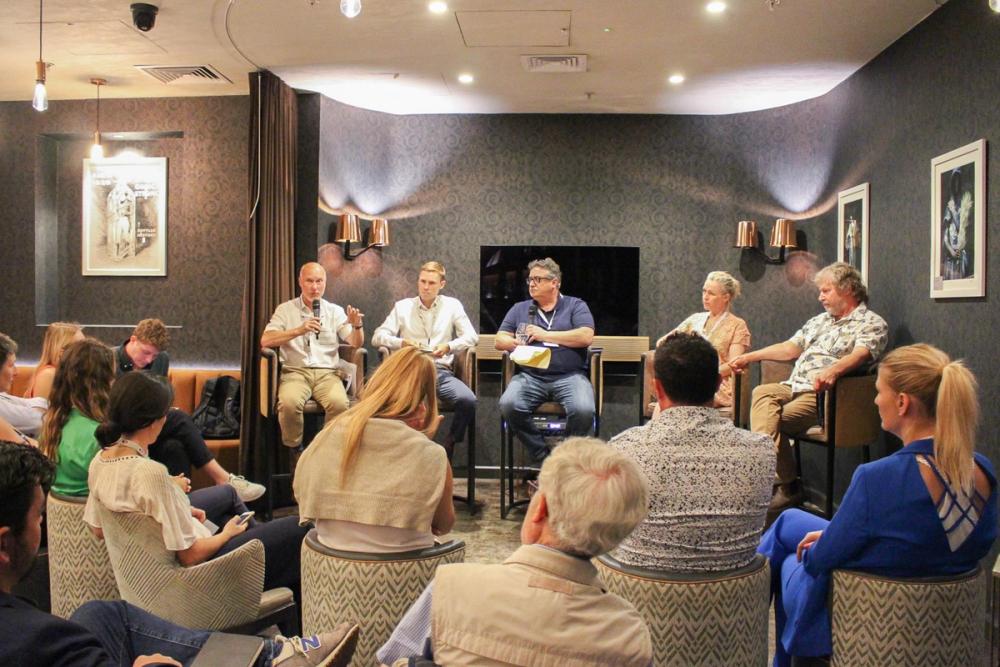
Richard Bampfield urged producers across France to work closer together to collaborate and use events like this to understand, share and promote best practice for organics and sustainability
Jérémy Gaudineau of Chateau de Nages in the Rhone Valley says any winemaker that moves to organics is doing it because of a “conviction” to make wine in that way, not because of any marketing benefits that might come with it. “It’s because you want to give your vines to your children. You know when you start an organic label it will cost a lot, but you have to do your job with passion,” he explains.
He agrees organics is only part of the answer, but the steps you need to take to be organic naturally leads you to other areas of sustainability. It has, for example, introduced measures to improve its biodversity and create the “best eco-system balance” in the vineyards.
“But definitely organic will not be enough tomorrow and you have to think about other steps.”
Ludovik Braconnier of Couleurs d’Aquitaine, one of the biggest French co-operatives, based in Bergerac says the way it is set up means it has a “social, economic and environmental responsibility” to its members to act in the right way, but it also has to do it in a way that it can be assured it can find “new markets and the commercial opportunities” for the organic wines its 400 producers are making. To do that it needs to find buyers willing to put more organic wines on the shelf.
Looking ahead
Looking ahead to the future of organics and sustainability the panel and producers agreed there was much to be positive about.
Bampfield said the younger generation, in particular, is already “much more demanding about what they buy and who they buy from and the questions they ask and the retailers have got to listen to that”. In fact the major retailers risk alienating younger shoppers for their “slow” far too “conservative” response to organics and sustainability.
“They say they listen to what their customers are saying but I think they listen to what the accountants are saying,” he says. “They will have to change.”
Which is one of the objectives of the Sustainable Wine Roundtable to try and get the retailers around the same table to ”talk about and reach some agreement about how they work with their wine suppliers and to go in a healthier direction”. Which he admits is going to be a challenge in itself, but “we think it is possible and we are making progress with that”.
To help do that Owtram says it is prepared to work with retailers and their suppliers to collect better data and standardise the information that is being collected to demonstrate how sustainable they are.
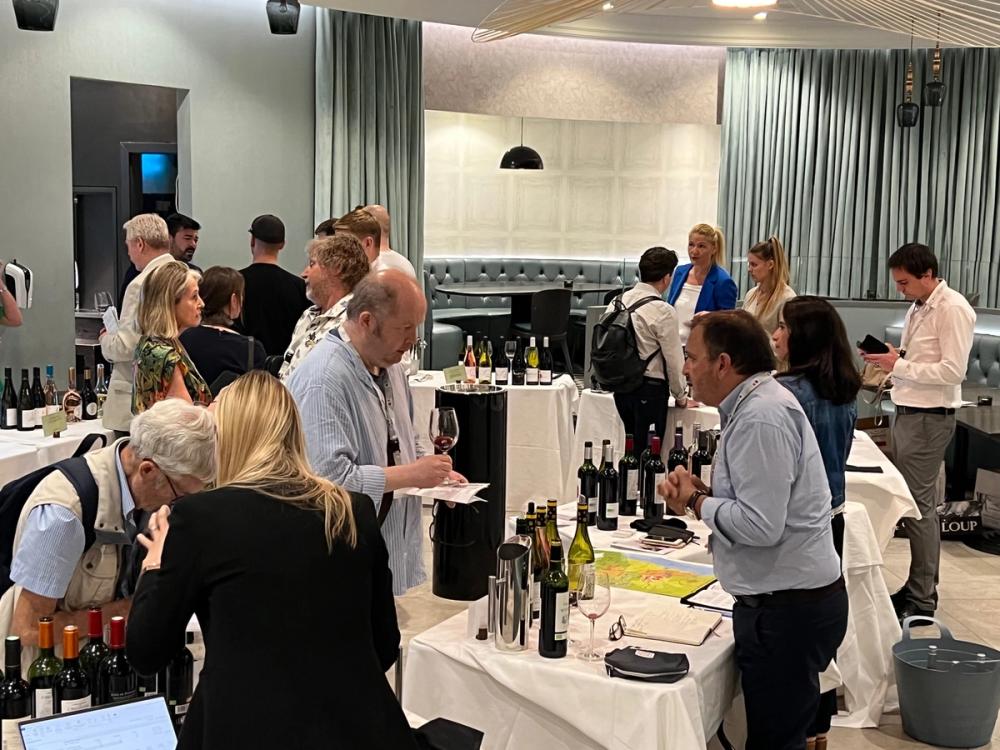
Younger consumers will help push the wine sector towards more organic, biodynamic and sustainable winemaking said Tom Owtram of the Sustainable Wine Roundtable
Pigott says there is even a role for the celebrity and high profile producers to play a role in pushing organics and helping the public understand why they should be buying more organics wines or even bag in box wines – like Philip Schofield’s support of the When in Rome range. “It does help people think about because people are not going into Tesco thinking about organic wine,” he adds.
The good news is organic wine sales in the UK are actually on the up, with Business France claiming it to be the third biggest organic wine market in the world after France and Germany, albeit on a small scale.
A point Sharples was quick to pick up on based on the quality of wines on show amongst the French producers taking part in the event.
“There is so much opportunity for organic wines. They are clean. They have got precision. They have got flavour and they are expressive. Don’t be dissuaded. Organics is incredibly important and when looking at the UK market then express your organic approach and why you are doing it because the story sells. If you have got a compelling story and a great wine then people will pay that little bit more,” she says.
Bampfield closed the debate by calling on the producers and the industry as a whole to work closer together. Only through “collaboration” is the sector really going to maximise the opportunity for organic wines and “have a stronger voice” to build a sustainable future.
- In part 2 of our report from our French organics debate to be published later in the week we profile each of the producers that took part.
- The wines from each of the featured French organic producers are available through the specially created Business France E-Vitrine French Wines and Spirits Marketplace that includes wines from 1000s of French producers. Click here to access the E-Vitrine.
